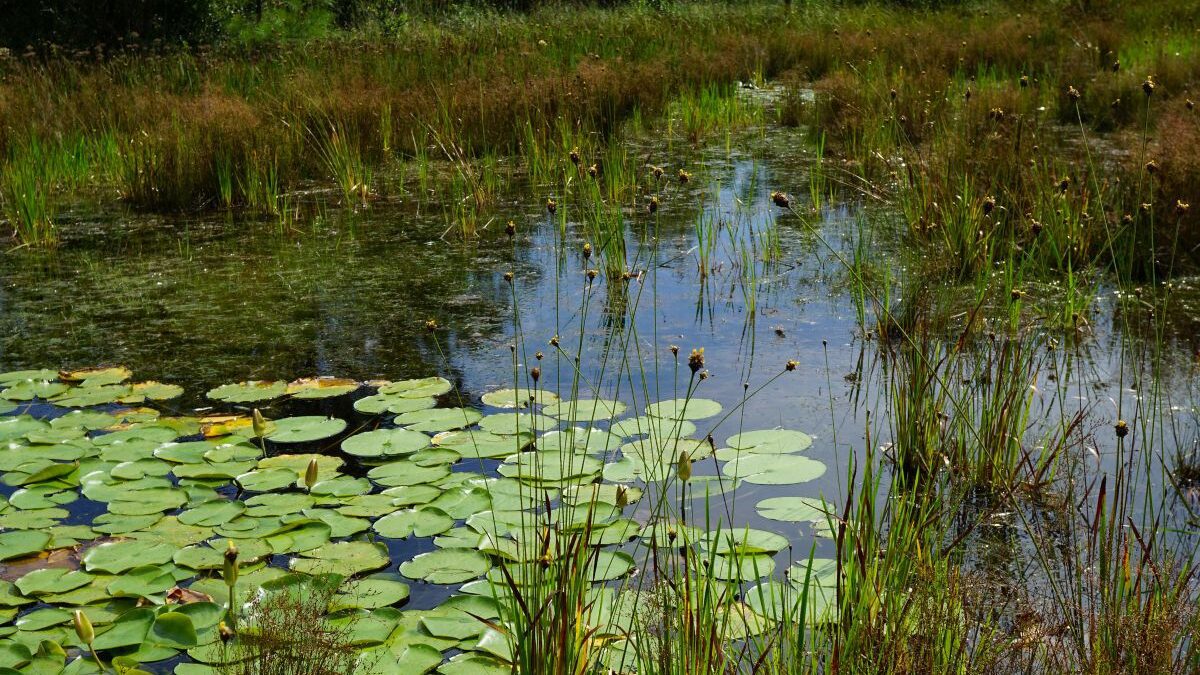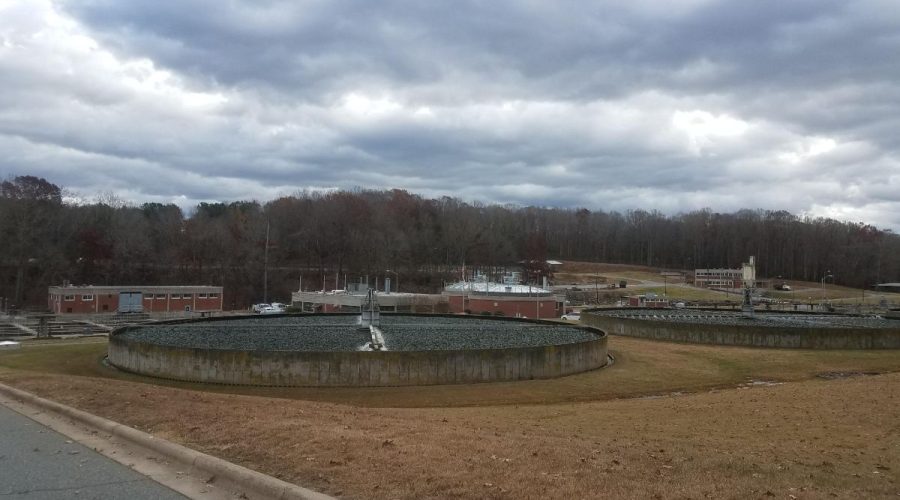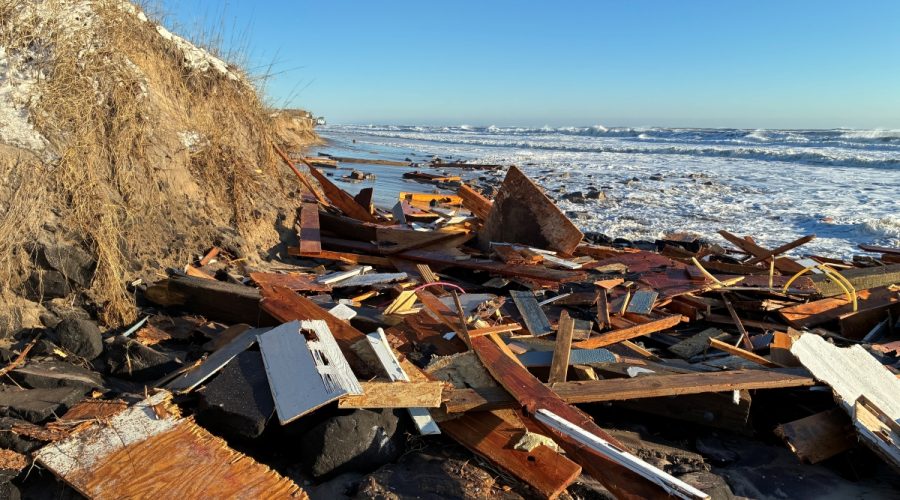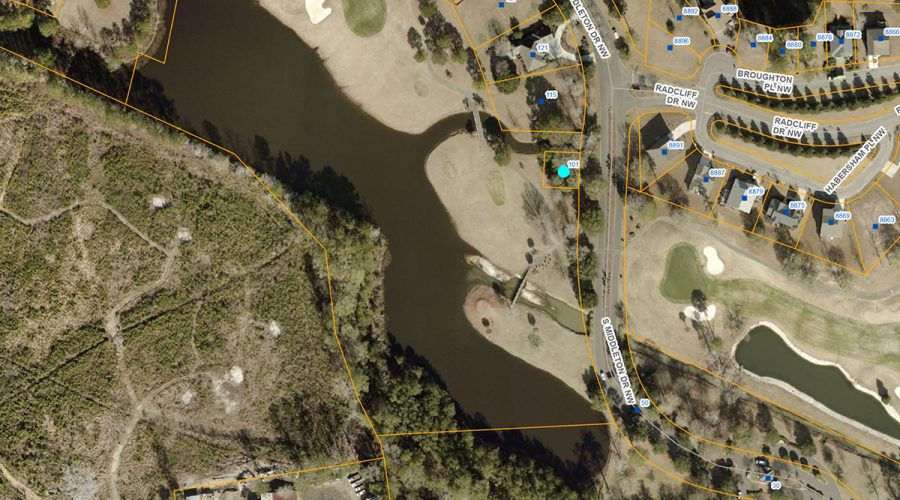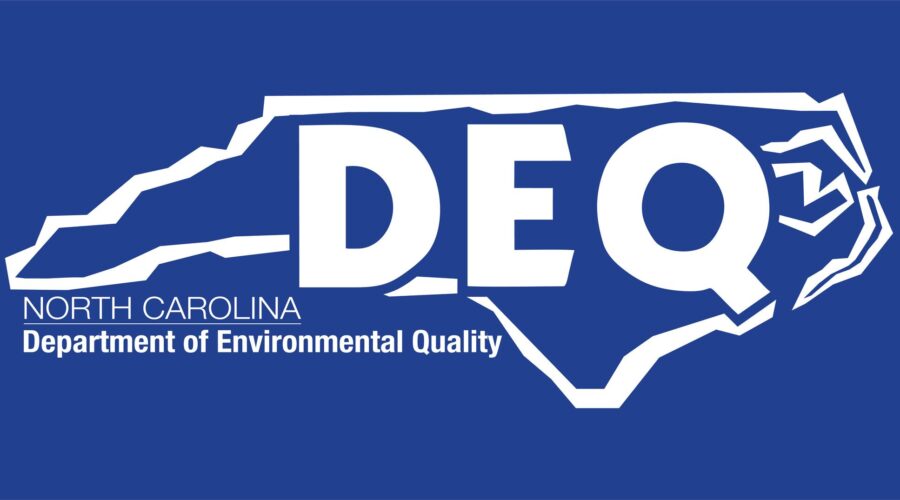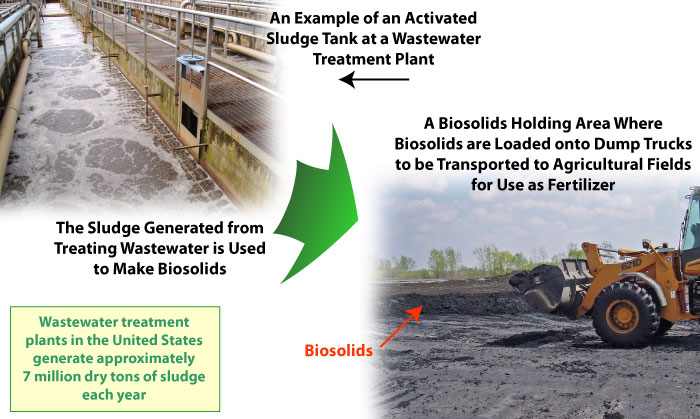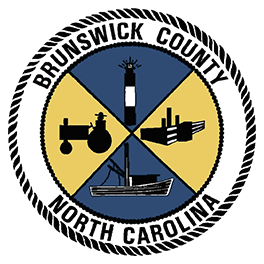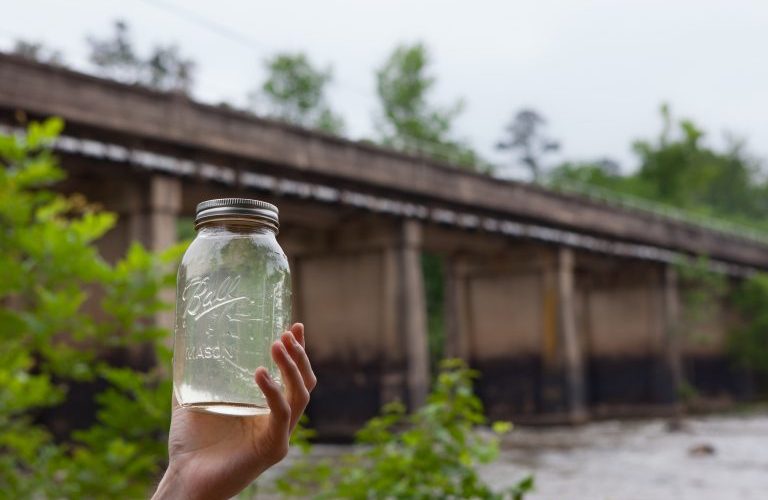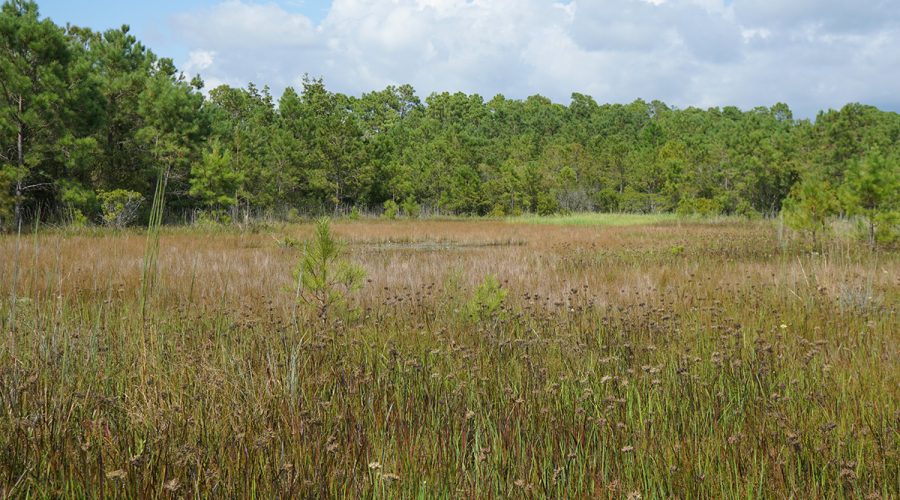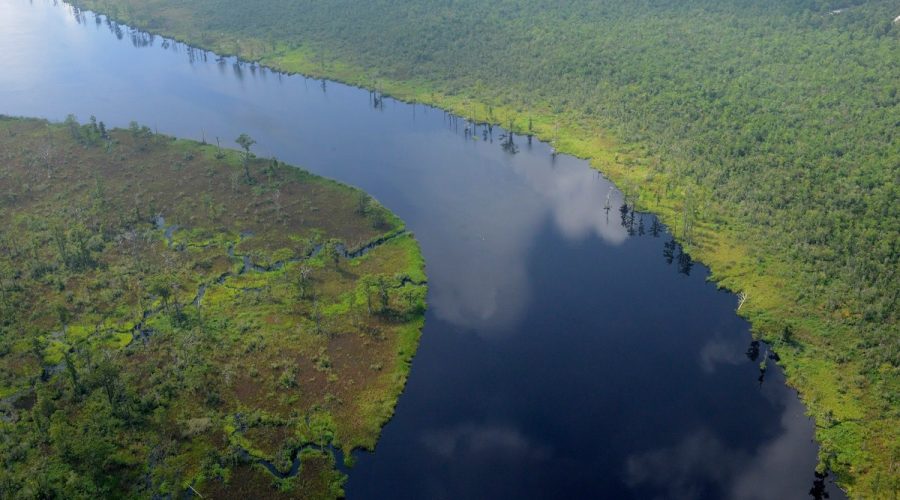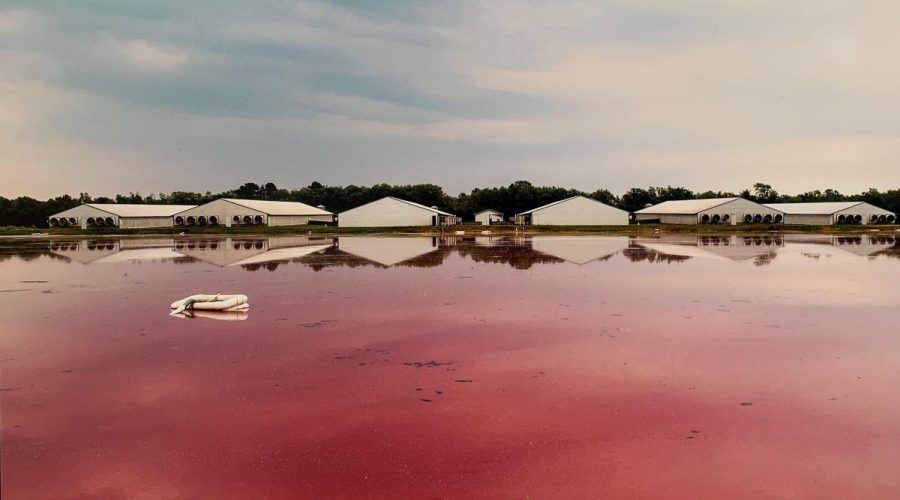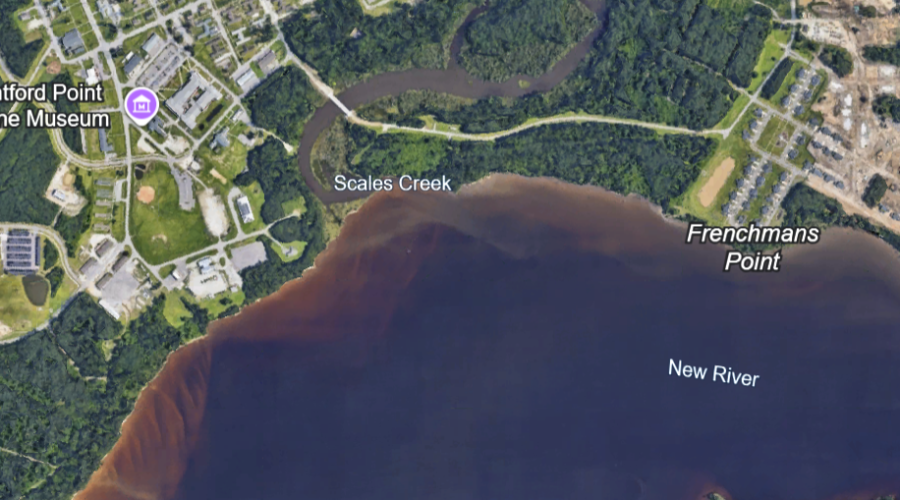Population growth on the North Carolina coast has ramped up pressure on conservation groups to acquire and set aside land, such as the more than 2,000 acres in coastal counties recently protected from development, areas with natural landscape features that reduce flood risk, improve water quality and provide vital habitat.
water quality
Judge upholds that DEQ can set wastewater permit limits
A Wake County Superior Court decision upholds that N.C. Department of Environmental Quality has the authority to set limits of 1,4-dioxane discharges from public wastewater utilities.
Winter storm takes 4 Buxton houses, leaves inches of snow
The weekend storm that covered North Carolina with more than a foot of snow in some places caused four unoccupied Buxton houses to collapse in about 24 hours on Cape Hatteras National Seashore beaches.
Damaged valve leads to untreated wastewater discharge
Brunswick County Public Utilities staff repaired a damaged sewer tap gate valve after it failed on Wednesday, discharging more than 30,000 gallons of untreated wastewater that reached the Little Cawcaw Swamp.
High schoolers can apply for June conservation workshop
Rising 10th through 12th graders who want to attend a weeklong intensive study on managing natural resources have until March 31 to get their applications in to their county’s Soil and Water Conservation District representative.
NC awards $1.5M for water management, recreation projects
Morehead City and Windsor have been awarded $200,000 each from the state for stream restoration, water-based recreation and water management projects.
Harbor project may risk Orton, other Cape Fear historic sites
Advocates for and owners of historic sites near the North Carolina Port of Wilmington urge the state to object to a proposed federal project to deepen and widen the harbor to accommodate larger ships.
First state study of PFAS in biosolids finds presence statewide
A N.C. Division of Water Resources study evaluating PFAS concentrations in wastewater and biosolids from 37 municipal, industrial and domestic wastewater treatment plants across the state is being called a “first step” to understanding the breadth of PFAS contamination in the state.
Wastewater discharge on Ocean Isle Beach reaches tributary
Brunswick County Public Utilities had a discharge of untreated wastewater around lunchtime Friday from a force main isolation valve failure on Ocean Isle Beach.
Oceanographer Reide Corbett to speak at OBX Green Drinks
Coastal oceanographer Dr. Reide Corbett is to give his talk, “Science, Shorelines, and Tradeoffs: Understanding What’s Happening Along the Outer Banks Coast,” at 6 p.m. Thursday at Waverider’s in Nags Head.
EMC to vote on opening comment period for discharge rules
The state Environmental Management Commission is set to vote Thursday on whether to put proposed “monitoring and minimization” rules for some PFAS and 1,4-dioxane out for public comment.
New year, new definition: Feds set to limit water protections
The public has until Monday to comment on the Environmental Protection Agency and Army Corps of Engineers’ proposed changes to the “waters of the United States” definition that are expected to limit eligibility for federal water quality safeguards.
CFPUA head to discuss impacts of proposed water transfer
Cape Fear Public Utility Authority Executive Director Kenneth Waldroup will discuss at Cape Fear River Watch’s First Saturday Seminar on Jan. 3 the potential impacts of Fuquay-Varina’s request to transfer millions of gallons of water a day from the Cape Fear River Basin to the Neuse River Basin.
NCDEQ’s staffing cut by more than 30% over 14 years: Report
As North Carolina’s population has grown and the factory farming industry expanded, the state’s environmental agency staff has been slashed by almost a third in less than 15 years.
Untreated sewage released into Jacksonville’s Scales Creek
A broken sewer line found Saturday near Lejeune Boulevard in Jacksonville led to the discharge of an estimated 129,000 gallons of untreated wastewater into Scales Creek.
Revised discharge permit issued for Vanceboro quarry
The N.C. Division of Water Resources on Wednesday issued Martin Marietta Inc.’s Vanceboro Quarry a revised wastewater discharge permit, which allows for the release of 12 million gallons per day from two outfalls into unnamed tributaries of Blounts Creek.

